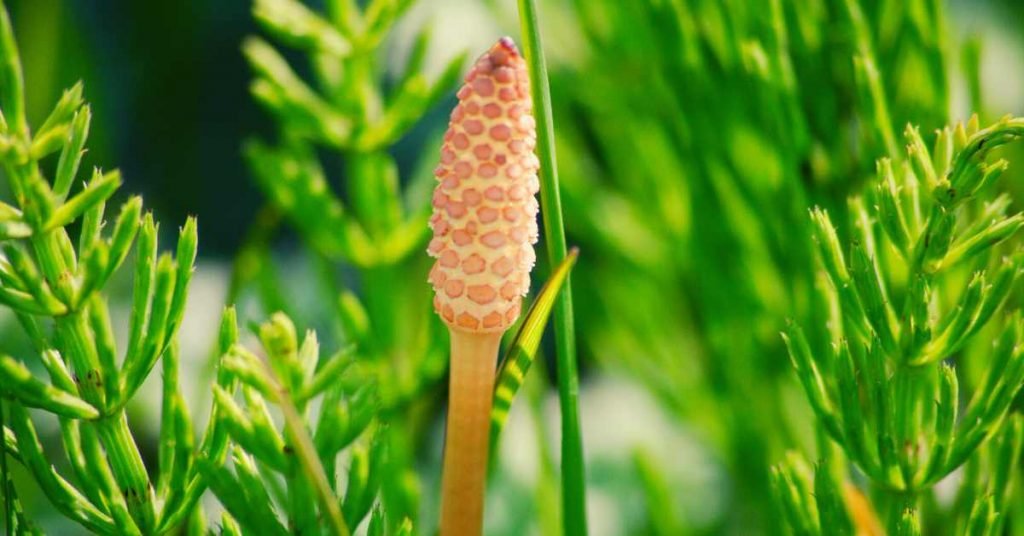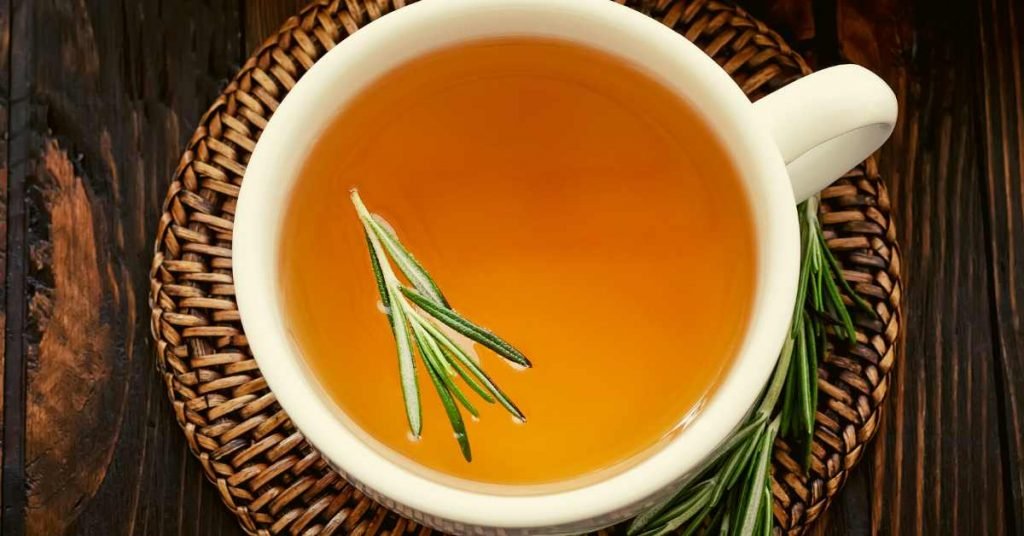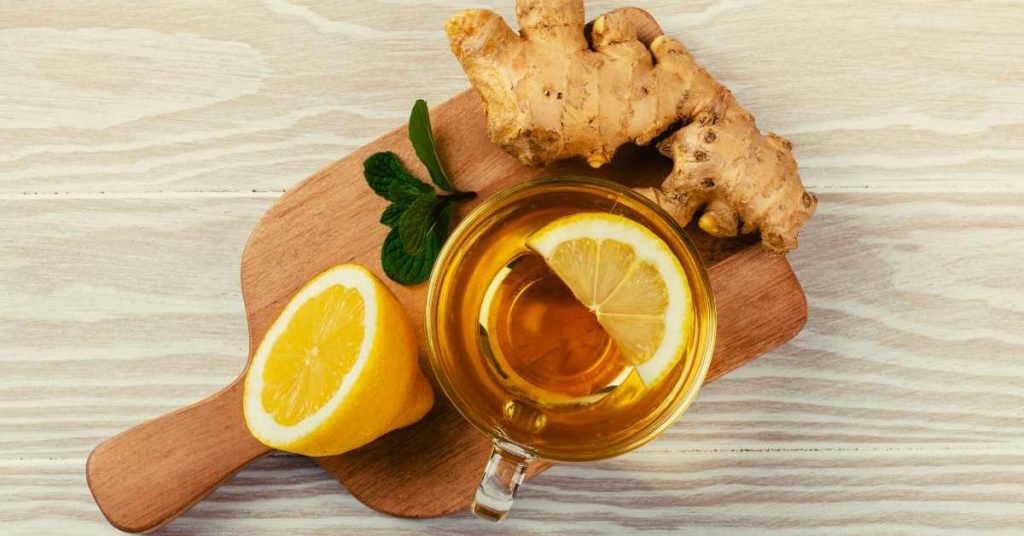Good blood circulation guarantees flawless heart work, promoting smooth legs free of spider veins, varicose veins, and heaviness, and a much healthier and more active body.
The diet we have and the physical activity we do have a significant influence on the quality of our circulation, but they are not the only allies that can help us and is that natural medicine can also bring its benefits.
That is why we present some of the best infusions for circulation, made from plants that will help ensure your well-being and health.

It is important to be clear that proper blood circulation depends on various factors, and that infusions alone will not work miracles unless you establish changes in your daily life.
That is why we suggest that you:
- Reduce the consumption of salt and foods rich in fat and cholesterol, which are responsible for altering blood circulation and causing heart disease risks.
- Add foods to your diet that improve circulation, such as legumes or nuts without added salt or sugar.
- Do physical exercise at least 3 times a week, activity is fundamental for promoting proper circulation and a healthy heart, and there is no remedy that can replace this recommendation.
- It is also important to pay attention to the type of clothes we wear, avoiding tight-fitting garments in the legs area that may interfere with proper circulation. Choose comfy clothes, do not stand for a large part of the day and if your work involves long sitting hours, get a footrest to keep your legs slightly raised, favoring circulation.
Horsetail Infusion

Horsetail is one of the most popular medicinal plants, being ideal to prevent arteries from hardening and lipids from accumulating in them, which makes it one of the best infusions for circulation. In addition, this plant helps reduce cholesterol and benefits the heart.
To make an infusion you need to add two tbsp of dried horsetail herb to a liter of water, only boil it for 5 minutes and let it rest for 10 minutes off the heat. Strain and drink, you can ingest between 1 and 2 cups a day, take for a month, and then make a break of another month before ingesting again.
This plant is not recommended if:
- You are pregnant or nursing.
- You suffer from type 2 diabetes.
- You have gastric problems.
- You have heart or kidney failure.
- You suffer from low blood pressure.
- You are taking aspirin, diuretics, anti-inflammatory medication, or laxatives.
Rosemary Infusion

Rosemary is a very popular herb in the kitchen, especially for the preparation of meats, but it is also a medicinal plant with many health and cosmetic benefits.
Rosemary promotes blood circulation thanks to its abundance of antioxidants, so you can make a rosemary infusion by adding a teaspoon of this plant to a cup of water. Let it boil for 5 minutes, turn it off and let it steep for 10 minutes, strain and drink.
This infusion for circulation is contraindicated for:
- Pregnant women, as the plant could be abortive.
- Patients with endometriosis, as it aggravates this condition.
- People with intestinal diseases such as irritable bowel disease, Crohn’s disease, or gastroenteritis.
- Men with prostate inflammation.
- Those who suffer from insomnia should not drink this infusion.
Ginger Infusion

Ginger root is an excellent choice to stimulate blood circulation, preventing the formation of clots.
To make this drink, cut two slices of ginger the thickness of a finger and boil them in a cup of water. After 5 minutes, turn off the heat and let it steep for 15 minutes before straining and drinking. One or two cups a day will be enough, however, this infusion is contraindicated for patients with:
- Hypertension.
- Gallstones.
- Patients taking anticoagulant medication, for circulatory problems or for diabetes.
- It is recommended that pregnant women or nursing mothers consult their doctor before ingesting this plant.
No content on this site, regardless of date, should ever be used as a substitute for direct medical advice from your doctor or other qualified clinicians.
MEDICAL DISCLAIMER
Itsnevernotteatime.com cannot and does not contain medical/health advice. The medical/health information is provided for general and educational purposes only and is not a substitute for professional advice.




